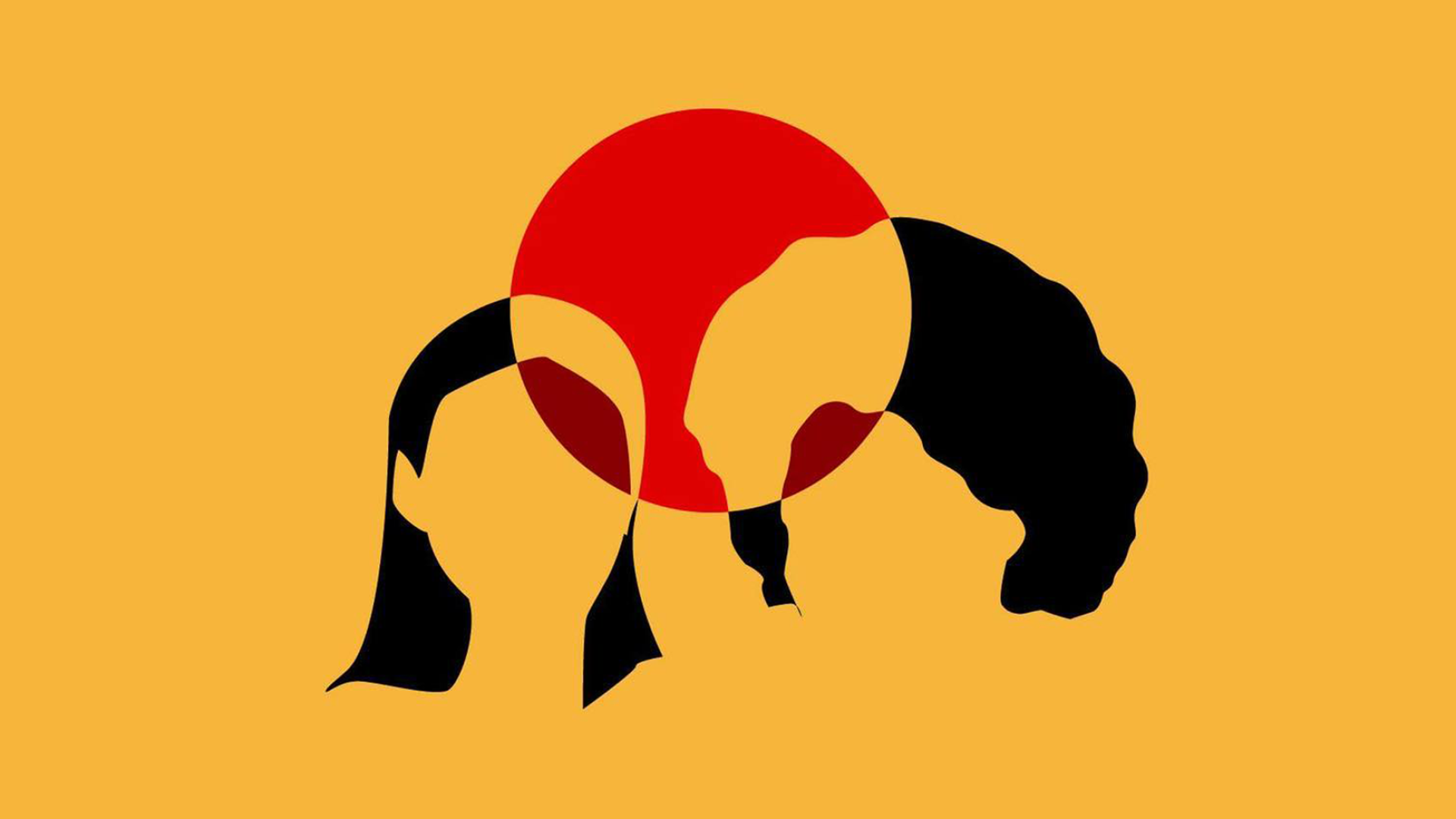
Beyond The Red Light
United under a red umbrella, the pivotal symbol for united prostitution collectives, this film explores the different degrees of conflict faced by sex workers, whilst celebrating the activism that exists within the global sex workers rights movement.
Project
Beyond The Red Light

Sex workers are often painted as victims, a plot device of films or a symbol of the violent underbelly of society. Not only is the stigmatisation of sex work detrimental to the safety of sex workers, but the spectrum of legal frameworks that exist violate the rights of sex workers globally.
However, beyond the red light, there exists an army of activists, organisations, unions and collectives that challenge these stigmas. We want to show you a movement which has steadily grown over the last two decades. We want to shine a light on the sex workers demanding for the recognition of sex work as work in order to access labour rights, whilst also challenging the discrimination and violence that exists within the industry. The sex workers rights movement advocates for the decriminalisation of sex work, and the abolishment of all laws that exist to further exploit them.
Without legal recognition as a ‘worker’ by societies super-powers, many sex workers relied on the help of organisations during the Covid pandemic to supplement their income. Many didn’t see a penny from their governments. In the presence of a global crisis, we ask why some people are neglected from state assistance.
Is it because this profession doesn’t align with our morals? Is it because society views sex as dirty? Or is it because we have been unable to look past our own stereotypes and engage with the individuals living this reality? Should the opinion of the State decide whether a sex worker lives or dies?
This story has always been urgent, but it is more so now than ever. As we attempt to change the way people view sex work, and to create a platform to privilege the voices and experiences of sex workers, there is no better time for this documentary to be made.

Pre Covid, we spent a week filming with Stacey Clare, the co-founder of the East London Strippers Collective, as well as a sex workers activist in Berlin and attended the International Women's Day march in London. We also had plans to travel and film over the summer months. We were in conversation with a number of different organisations, and had the intention to spend some time with each one. However, everything came to a halt in March and we had to get creative with how we could still continue with the film. Like most of the world, we turned online. We tuned into online strip parties, delved deeper into our own research, hosted live panels with a sex workers organisation in Singapore, and did online interviews with organisations from six different continents.
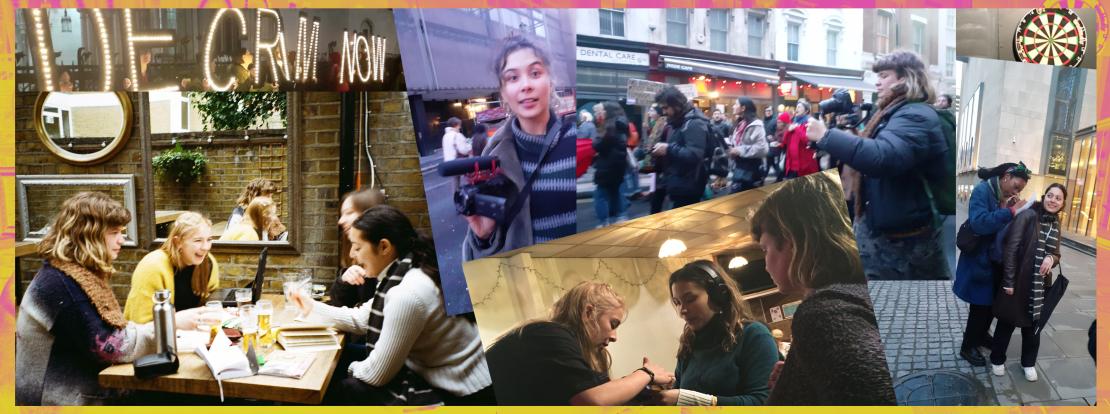
We listened to stories of political, social and economic injustice as we gained a holistic understanding of what the world of sex work looks like across the globe. Set against the backdrop of COVID-19, we found out how the stakes differ depending on location.
We’ve gained the trust of many organisations, who felt it just as important to make the film as we all did. We decided to continue with the things we can do, rather than focus on the things we cannot. And with that, we scaled back and planned to first take our documentary to North Macedonia.

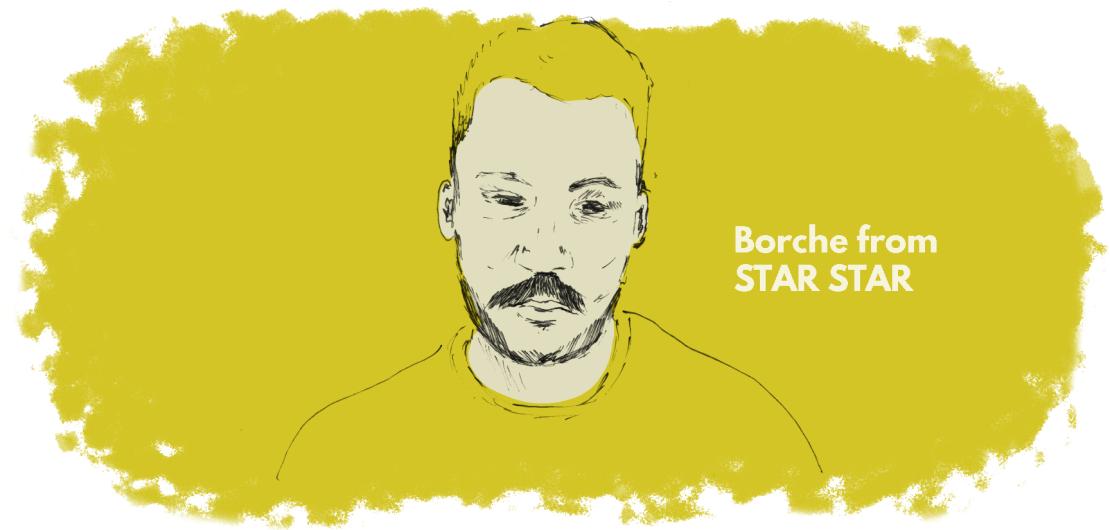
We’re going to North Macedonia in December to meet the first sex-workers-led collective in the Balkans, STAR STAR. We met the President of the organisation, Borche on a zoom call a few months ago, and since then we have had an email thread back and forth planning our time there. STAR STAR has “a goal to protect and advocate for sex workers in society, by means of active cooperation with state institutions, the civil sector and media on a local, national and international level. STAR STAR mobilizes and integrates sex workers in the process of capacity building and organizational growth and development.”
We will be following three sex workers in North Macedonia, filming public events such as marches, pop-up dinners with ministries and intimate one-on-one interviews. Expect to be taken on a journey through spaces such as Skopjes red-light district, and into the world of the Shukta, the biggest Roma municipality, where “everything forbidden is well accepted.” This initial filming period will help lay the groundwork for the rest of our film. We want to show you the reality of a marginalised community fighting for their livelihood. This filming period will take us behind-the-scenes of the sex work industry in North Macedonia highlighting both the struggles and strength of these individuals.
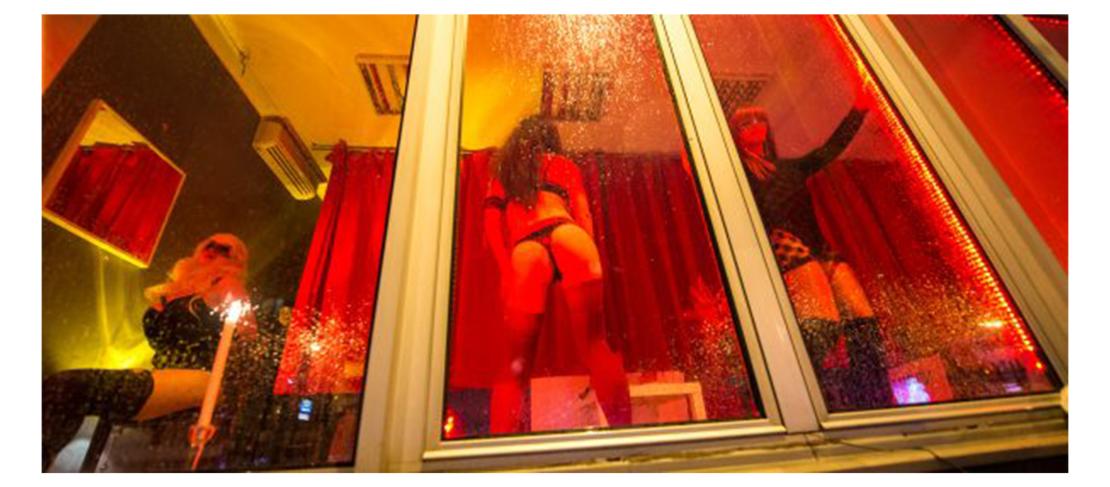
Ultimately, we intend to show the sex worker beyond depictions of trafficking, drug addiction and childhood abuse. Shifting our focus from why individuals pursue a career in sex work, we want to show an honest depiction of how it feels to be in this profession. We want to illustrate the effect that oppressive legal systems have on these bodies, how these models of regulation continue to move this work into the shadows of society, but also show the strength of community led organisations and the power they have to resist and change social and political systems.
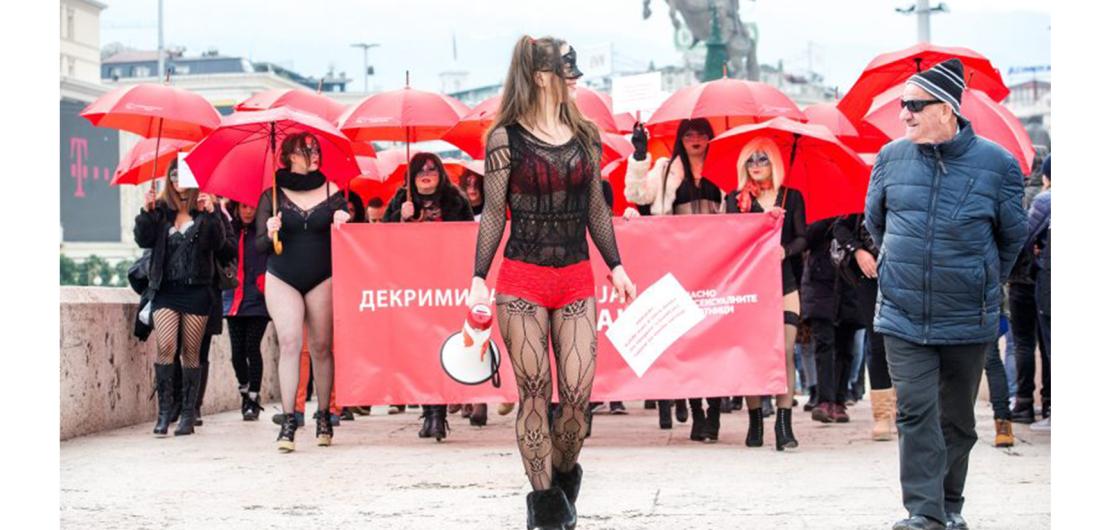

We are five female filmmakers, working with Aral Sea Productions; an inclusive and sustainable production company set up by Pauline, one of our directors. Aral Sea breaks down the barriers that stop people from taking part in producing film, photography and audio. We have taken this ethos into the making of the film, working strictly with womxn & POC. We want to give a space where we can facilitate other peoples voices and experiences and thereby the story is told first and foremost by the people who have lived through it themselves.
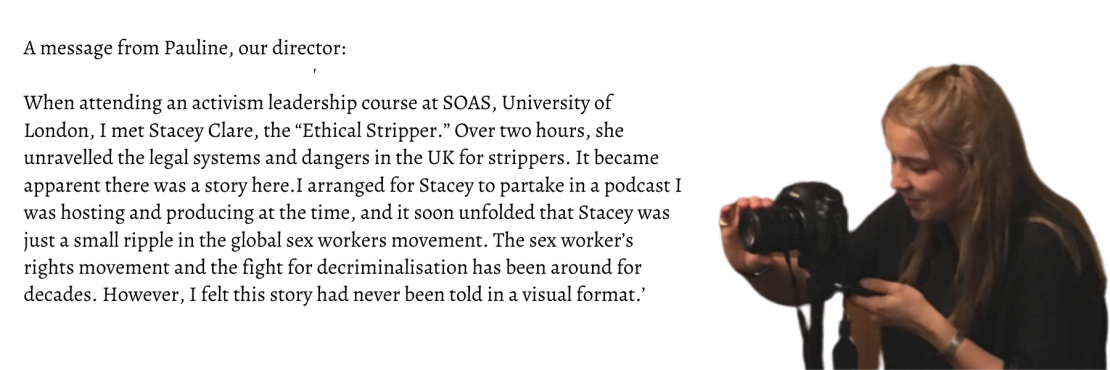

This is where we turn to you. So far we have funded what we have filmed from our own pockets, but to make this film into something real, we need more than what our day jobs can supply us. We ask for this money because we really believe in our film, and we hope through the stories of the sex workers we have met, the sex workers we are yet to meet, and our own stories that you trust us to come on this journey with us, together…
The funding we need is just for the beginning of our film in order for us to get to Macadonia to meet Borche, the other founders of STAR STAR, and to spend two weeks meeting sex workers and trying to grasp a glimpse into their lives. It is the funding that will take our project off the ground, and into the next step of the film. With this footage from North Macedonia we hope to apply to bigger grants and funding bodies.
The funding needed is for travel, equipment, daily expenses, insurance, translators, accommodation and the crew’s fees.
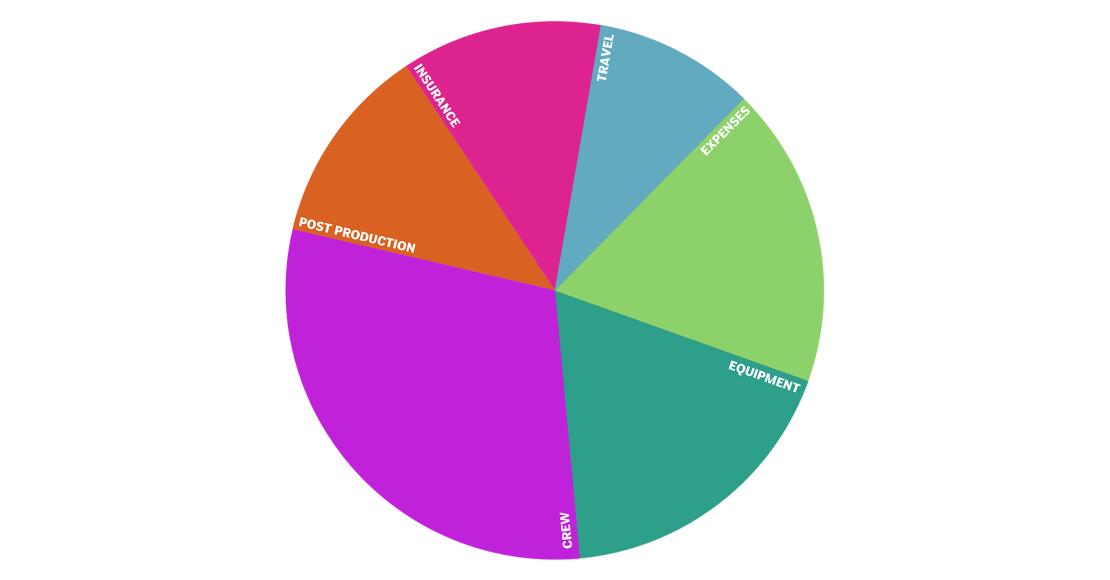

You may wonder, why another film about sex work? Isn't BBC three's documentaries along with Louis Therouxs' enough? The answer is no. Most existing documentaries perpetuate a dichotomy which places sex workers as either victims or criminals. The narrative of the sex worker is controlled by everyone bar themself. Not only do these fables further ostracise this community, they can also lead to dangerous ends. We believe there is not enough shown about the legal policies within sex work, the activism and community work that coexists with it, and how the local struggle connects to the wider global fight.
Through showing the sex worker beyond societal stereotypes, as well as using unique archival footage to exhibit the silent histories and victories of sex workers, we want to bridge the gap between audience members perceptions of sex work and the reality. Showing this work in both it’s intimacy and empowerment, the film aims to highlight the intersectionality between sex workers rights, feminism and marginalised communities. This is not simply the plight of sex workers, it is a fight for human rights. Ultimately, our goal for the film is to create social impact, and we hope that it can be used by global organisations as further contention for the decriminalisation of sex work.

Our crew are a mish-mash of creatives. Between us we are photographers, cinematographers, researchers, activists and feminists; all sharing the common passion to present social justice issues through an aesthetic lens. We view our lack of a formal film education as a positive quality. Whilst we share a strong creative vision, we have not been constrained by rule-books of filmmaking. Rather, our approach towards research subjects as fellow humans, rather than ‘characters’, has helped us gain more access to the sex work industry than imaginable. We are learning on the job and adapting daily, which we have demonstrated throughout the pandemic.
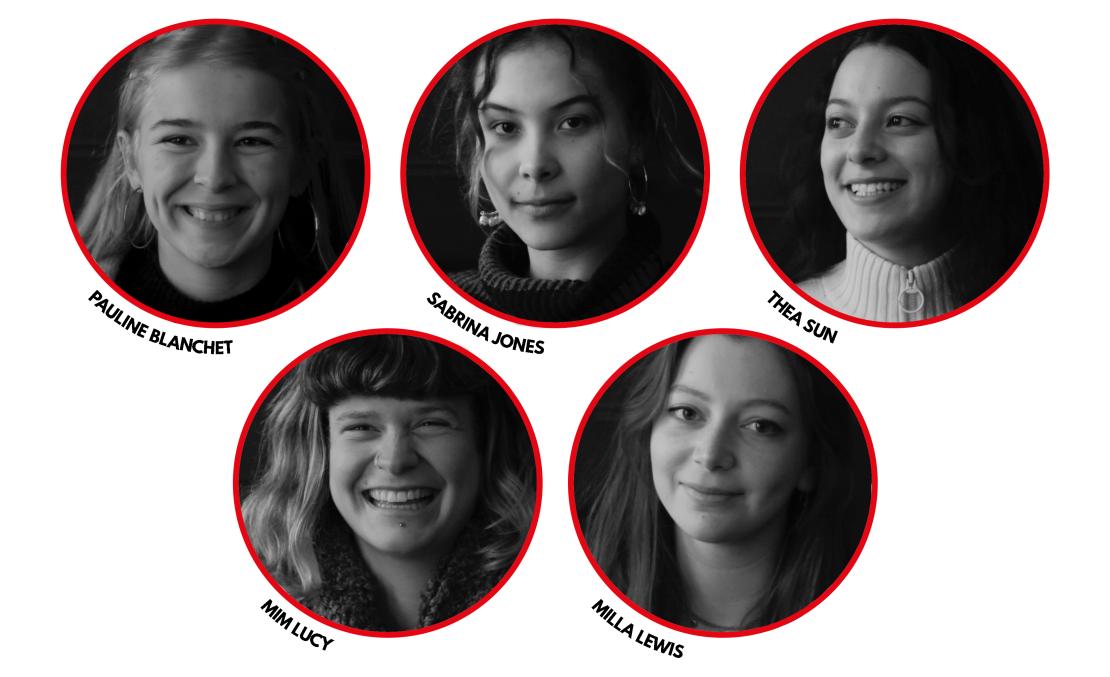
Director: Pauline Blanchet
Pauline Blanchet is a photographer, videographer and producer. After graduating from SOAS, University of London she founded Aral Sea Productions which seeks to widen participation in the creation of documentaries, photography, and audio. Aral Sea projects deal with issues of social and political importance. Pauline's own work has been shortlisted for the London Development Photography Competition and has been awarded numerous grants.
Co-Director: Sabrina Jones
Sabrina is a documentary filmmaker and MA student, pursuing a career through a marriage of her two passions: humanity and film. Sabrina is a part-time radio producer for The Boogaloo, and hosts an independent filmmakers night entitled ‘Visual Fruit’. Curious in the underbelly of society, Sabrina is driven to make human-focused films with social impact.
Producer: Thea Sun
Thea Sun is a producer and filmmaker, and a recent graduate in History BA from the University of Bristol. She is drawn to the combination of film and narrative, seeking subjects within her interest of history and humanities. Her multicultural background spurs a desire to explore stories from different cultures, ideologies and ethnicities.
Researcher: Mim Lucy
Mim Lucy is currently studying Religion and South Asian Studies at SOAS, University of London. Since starting at SOAS, she has become involved in both feminist activism using direct action to demand change, as well as grassroot groups directly helping her local community. She is interested in using visual storytelling to create social change.
Cinematographer: Milla Lewis
Milla Lewis is a photographer and filmmaker, and a recent graduate of Photography BA. Her series ‘Guiding The Night’ (2019), which focused on migration, displacement, memory and identity, received the Award of Excellence by Nagoya University of the Arts, and the Runner Up for Photoworks Graduate Award. Milla has also curated and exhibited works across the UK. She is driven by the belief that seeing through a lens can open up endlessly new possibilites and realities.
Editor: Katrin Ebersohn
Katrin Ebersohn is a German filmmaker based in Berlin. She holds a BA in Film and Video from Middlesex University in London. Since 2003, she has been working mainly as a freelance film editor for both fictional and non-fictional narratives. Her films have been invited to festivals such as Berlinale Film Festival, Rotterdam Film Festival, London Documentary Festival, FID Marseille, TIFF and Film Society Lincoln Center New York; several films have received awards. Mrs. Ebersohn also teaches film editing and film theory at various institutions.
A special thanks to Agathe Max, who composed the music for our trailer, Alex Adetiba the sound engineer, Elysia Sun the graphic designer & Nadia Khairat, our colourist for the trailer! And also to everyone that has supported us thus far by liking our social media pages, engaging with our live Q&A’s, or had to listen to our daily zoom meetings over the last few months. But the biggest thanks Stacey Clare, Susi, and to all the incredible people and organisations who have spoken to us via zoom over the last few months.
Here are their websites if you want to read more about the amazing work they are doing: